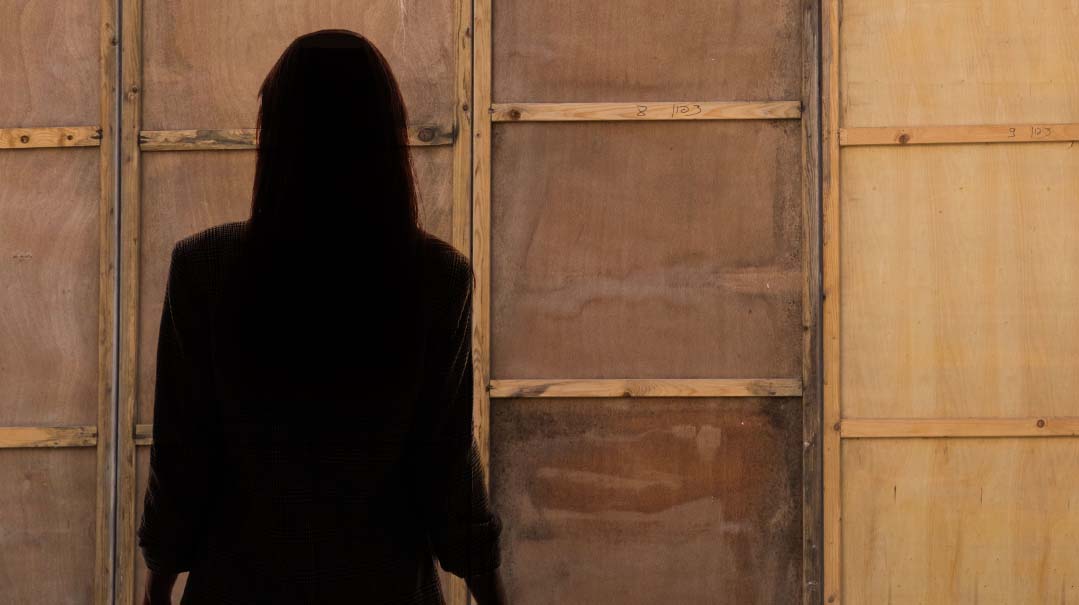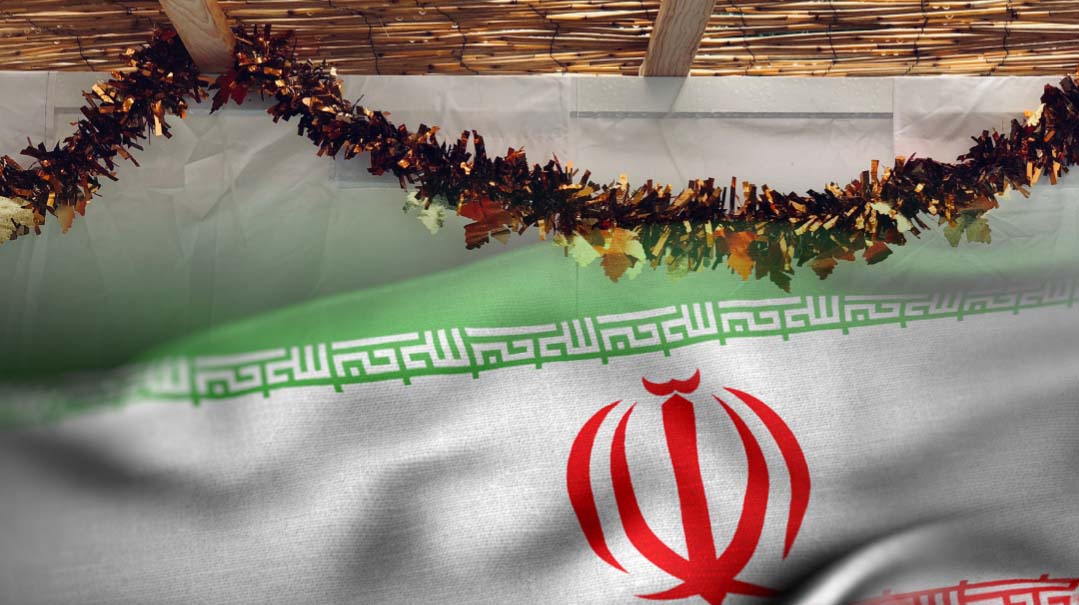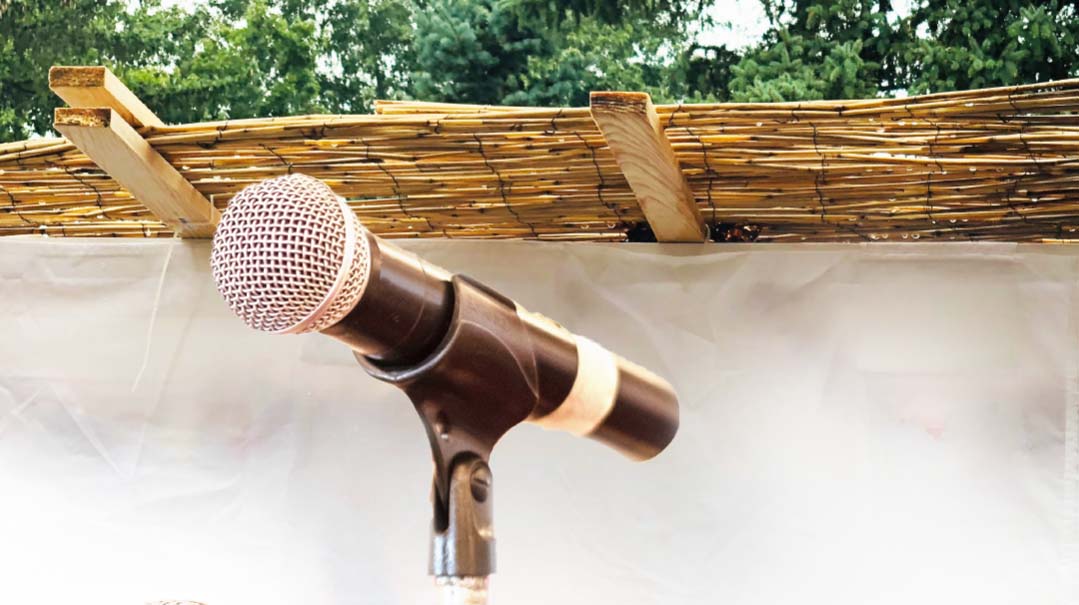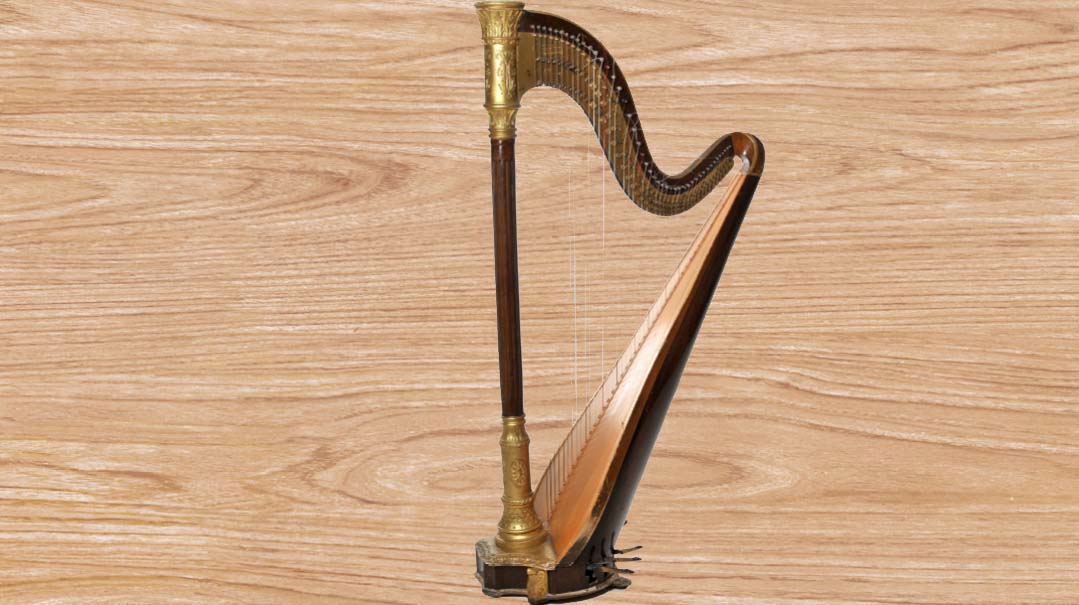And He Was Silent

Like Aharon HaKohein facing the death of his two sons, Zeidy Pavel remained silent

My husband’s grandfather was born in Vaja, Hungary, in 1912. At the age of 11, he was sent 180 miles away to Makó, where he attended the yeshivah of Rav Moshe Vorhand, the Makover Rav.
Zeidy often awoke in the wee hours to learn with the Rav. When Zeidy was called back home at the age of 18 to help marry off his two sisters, the Rav walked with him to the train, asking him to return when he could. But Zeidy was needed by his family, and in Vaja he stayed.
From spring 1942 to summer 1944, Hungarian Jewish men considered suitable for work were taken by the German-allied Hungarian government to the munka tabor, the labor camps. Many would be forced to toil by the front, where they were subjected to dangerous conditions; 80 percent of them wouldn’t return.
When the men of Makó were being rounded up, Rav Moshe — by then in his eighties — spoke to them. (His words are recorded in the hakdamah to his sefer, Ohel Moshe.)
“D’vay hasser v’gam charon, v’az ilem b’shir yaron,” he said, quoting the piyut from the zimun for sheva brachos. “Banish pain and also wrath, and then the mute will exalt in song.”
The “pain and wrath,” the Makover Rav explained, will eventually come to an end; the “mute,” the one who didn’t speak in times of great tzaar, who accepted everything with love and faith, he will merit to exult in the song of redemption. Rav Moshe assured his kehillah that they would survive — and most did.
Zeidy Pavel wasn’t present for the last message of Rav Moshe — he was sent to the munka tabor from Vaja, while his parents and now married sisters were deported to Auschwitz. Yet I believe that in his years of learning, Zeidy Pavel had absorbed this middah of the Makover Rav.
Like Aharon HaKohein facing the death of his two sons, Zeidy Pavel remained silent. He didn’t complain of his family’s loss, his narrow survival, or any hardship that followed.
Following the war, Zeidy married and had children. Then the Hungarian Revolution broke out. Many Jews fled. The US quota system limited new immigrants, and the Pavels waited in Asten, Austria (along with my own grandparents). When they arrived, after running the border, a friend swindled him of his savings. Then, a moiser falsely accused Zeidy to the American authorities of being a socialist, delaying the family’s entry into America by two years.
He would not speak of it. Zeidy certainly had reason to find fault with both G-d and man, but he never vented about either. Until the end, Zaidy firmly abided by the middos of his Rav, focusing on the nachas instead of the negative. The “mute” man, exulting in joy.
(Originally featured in Family First, Issue 760)
Oops! We could not locate your form.







